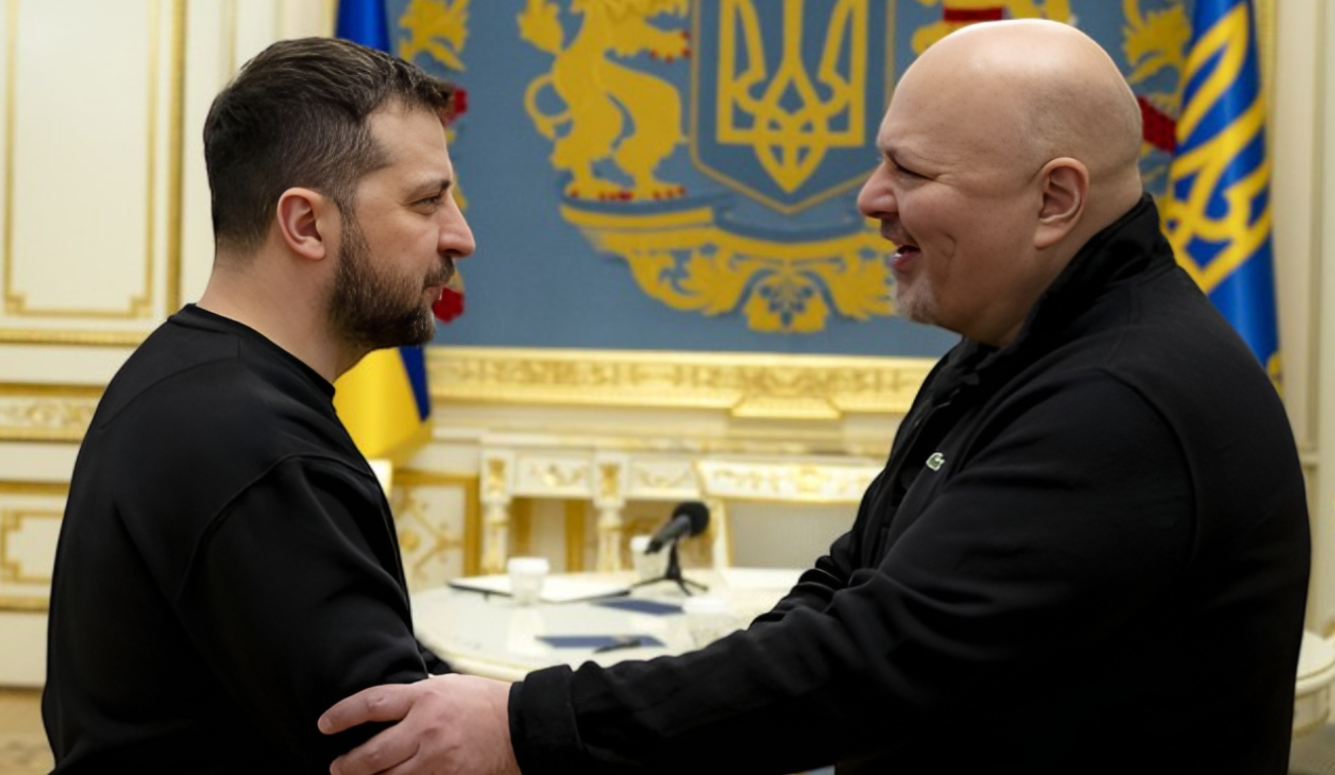Ukraine
Ukraine Goes to Court
Ukraine has therefore pursued multiple legal avenues in response to the aggression.

Russia’s full-scale invasion of Ukraine is an illegal war of aggression in clear violation of the United Nations Charter, which prohibits “the threat or use of force against the territorial integrity or political independence of any state.” This fact is not merely a legalistic triviality that can be disregarded amidst the brutalities of real-life war. Immediately after Russia attacked, Ukraine devised a legal strategy to frame the aggression as a violation of international law. The Ukrainian response to Russia’s aggression, then, has not just been military, but includes innovative uses of international law.
The Russian invasion was denounced by broad swathes of the international community, yet it has been difficult to translate this widespread condemnation into actions that will actually hold Russia accountable and ensure its diplomatic isolation. Ukraine has therefore pursued multiple legal avenues in response to the aggression. As Oona Hathaway has argued, the country has employed sophistication and creativity in “waking dormant institutions of international law and, in the process, reviving global resolve to enforce the prohibition of war.” Ukraine’s legal strategy involves claims and cases in at least five international tribunals, the most important of which are the International Court of Justice (the ICJ, the principal court of the United Nations system) and the International Criminal Court (ICC). In addition, the International Tribunal for the Law of the Sea is conducting a hearing into the illegal annexation of Ukraine’s sovereign “territorial waters and the fisheries and energy resources therein”; the Permanent Court of Arbitration is investigating the seizure of Ukrainian assets and investments in Crimea; and there are ongoing cases before the European Court of Human Rights, regarding mass human rights violations.





